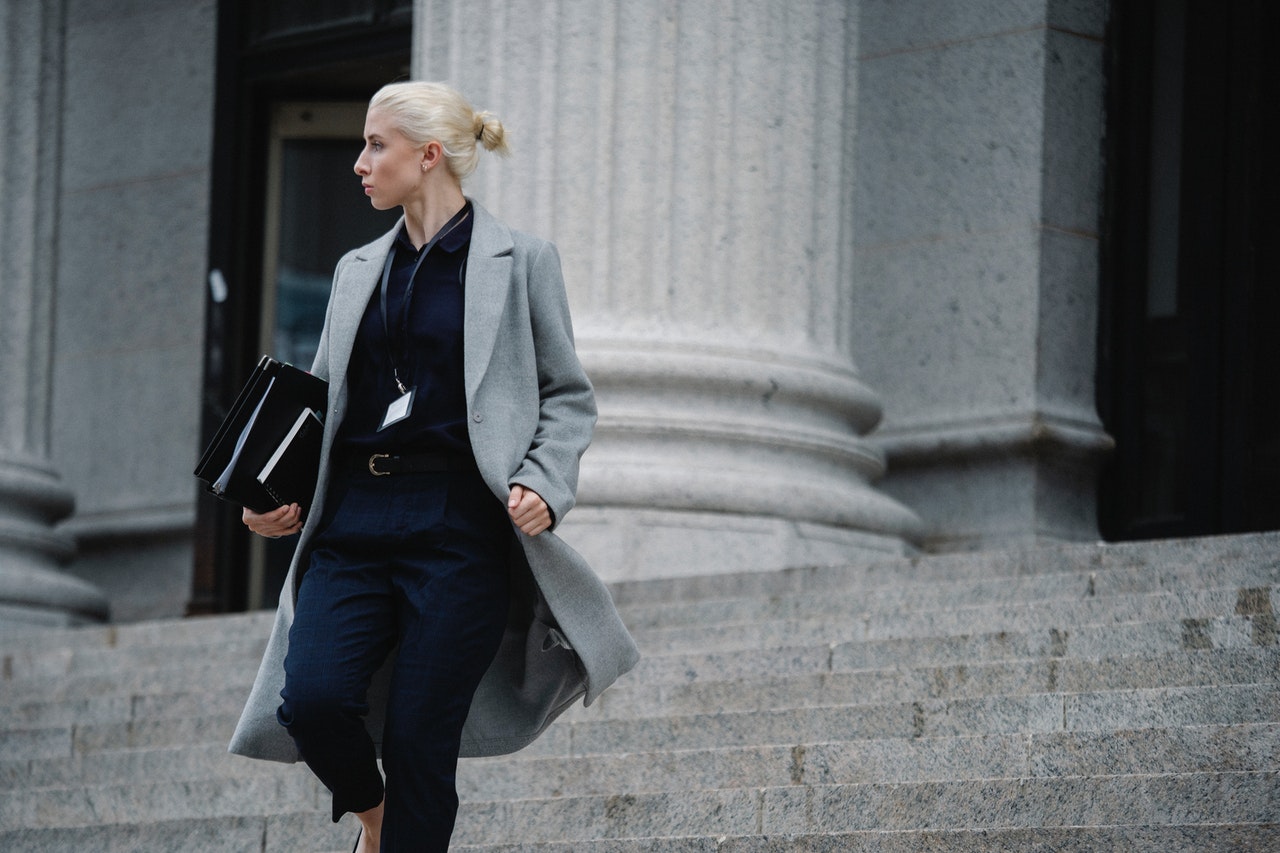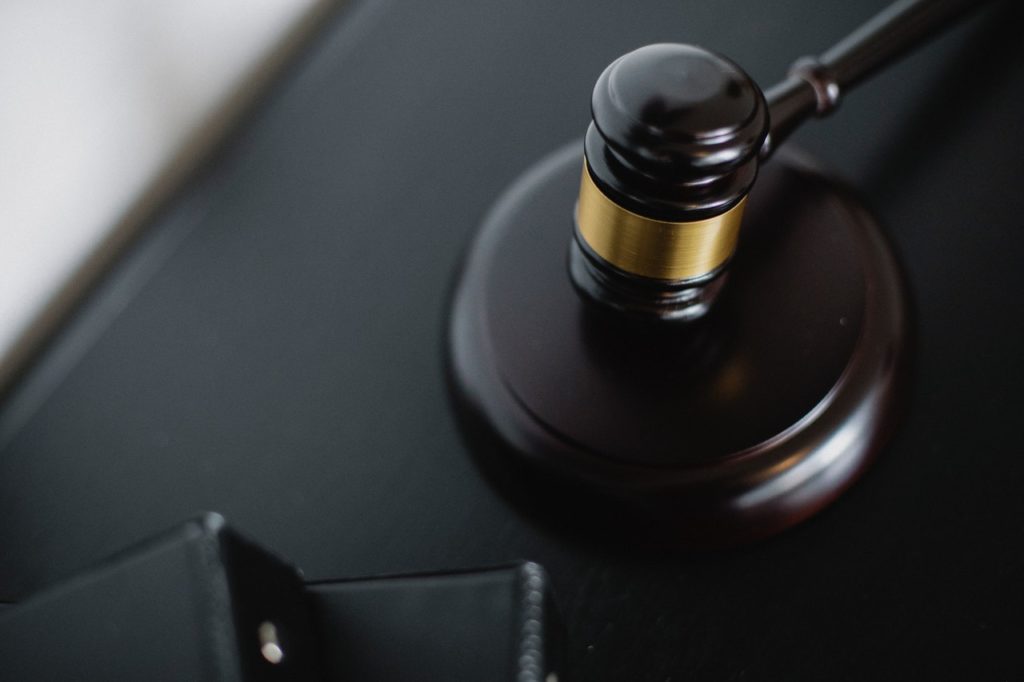People have a knack for watching different shows and movies. Ever since the invention of the television, we have come to love the numerous shows of different genres. But one type of show that got many hooked is reality programs. Despite us knowing that not everything we see on TV is real, there is something about reality shows that piques everyone’s interest. One type of reality programs that many can’t get enough of are courtroom reality shows.
Almost everyone knows the show Judge Judy, starred by host Judy Sheindlin. We love watching this arbitration-based reality courtroom show that imitates small claims cases. But did you know that in the past, trial court reporters were not even allowed to record judicial proceedings?
Camera Restriction to Acceptance Inside Courtrooms
In 1946, criminal rules adopted restrict photograph recordings made by broadcasters in the courtrooms. Reporters had to fight to cover criminal cases. But due to numerous media trial circuses in the past, the courts never allowed them to cover courtroom cases.
Amendments were made and by 1996, members of the Congress gave presiding judges the permission whether they will allow media coverage in the courtroom or not. By the year 2006, all states in the U.S. adopted a pilot programming allowing electronic media coverage.
In 2010, the Judicial Conference approved a three-year pilot project that evaluated the effects of electronic devices in district courtrooms. Presiding judges get to decide whether to make the recordings public or not. This is only limited to civil cases.
During the session in 2016, the Committee on Court Administration and Casement presented their report at the Judicial Conference. No changes were recommended about the use of electronic media coverage. This meant judges can authorize the recording, taking of photographs, televising, and broadcasting inside the courtroom.
Why Camera Naysayers Are Against Cameras Inside the Courtrooms
Naturally, some plaintiffs and defendant’s sides were not so keen on exposing themselves in the public. Some value their privacy and would like to keep everything that happens inside the courtroom private. As for the others, they say cameras and the reporters are distracting those involved in the proceedings.
Others say media coverage can prejudice trial outcomes. Some witnesses claim they feel nervous about the additional eyes recording their every move. As they fidget nervously under the scrutiny of the judge, jurors, and the watchful eyes of the reporters, this can ruin their credibility based on their body language.
Some people argue that witnesses face additional stress due to the presence of cameras. This can hamper hinder their free flow of information. There are also times when lawyers would play for the camera, thus decreasing courtroom decorum.
Another reason why many are against cameras during trials is that some reporters can sensationalize cases. Defendants fear they can get denied a fair trial. They also fear the possible abuse, threats, and pressure from the community after details of the trials were publicized.

What Camera Supporters Have to Say
People who support media coverage say publicizing trials helps better educate the public on what really happens during court proceedings. This enables the public to see how the court carries our justice. They also like the fact that everyone, especially the attorneys, jurors, and judges are obliged to behave while the film is rolling.
Modern technology makes it possible to record trials in a more discrete and less intrusive manner. It is because of this reason that they believe media coverage won’t affect trial participants. Since they know that the public is closely watching their every move, participants are to remain at their best behavior.
Camera supporters say that the public has the right to know what happens inside the courtroom. Since this is, a public forum, people can benefit from having a better clue on how trials happen. This also helps dissipate any public myths and misconceptions about the court.
Why We Love Courtroom Reality Shows
It is thanks to the courtrooms opening their doors to the public that made courtroom reality shows a hit. These are being well-received by the public since we crave to know more about the things that only happen inside trials. Even after watching the reruns, many people can’t help but share their opinions with their friends and online.
Many speculations surround courtroom reality shows. People argue that these are still entertainment shows and, in one way or another, that these can be a ploy to publicize deceptive truth. But if there is one thing we can’t deny, it is the fact that we can’t help but watch such shows as these pique our interests and stirs up different emotions inside of us.
Thanks to the approval of cameras inside courtrooms, we can now enjoy our favorite courtroom reality shows. We may not be able to tell which ones are real or not and why some people are okay with their trials being broadcasted to the public. But it shows that even if it seems we have no care for what’s happening in other people’s lives and how the justice system works, we still care enough to spend our precious time enjoying these shows.

